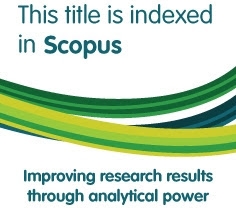The Sharī’ah Bylaws and Human Rights in Indonesia
Abstract
This article states: "In exercising his/her rights and freedoms, every person shall have the duty to accept the restrictions established by law for the sole purposes of guaranteeing the recognition and respect of the rights and freedoms of others and of satisfying just demands based upon considerations of morality, religious values, security and public order in a democratic society." According to some members of the legislature who are involved in the sessions of constitutional amendment. This article is an important key to understanding the issue of the implementation of human rights in Indonesia. Thus, human rights may be restricted insofar there is a national statute that instructs to do so. This provision could result in a situation where individual citizens fail to enjoy rights relating to religious freedom, since to embrace, or carry out, a particular religious interpretation, which is different to the established practice or to the majority of Muslims' understanding, will be considered heresy, and, hence, becomes unlawful and has no right to survive
Keywords
Full Text:
PDFDOI: https://doi.org/10.15408/sdi.v15i1.536
Refbacks
- There are currently no refbacks.

All publication by Studia Islamika are licensed under a Creative Commons Attribution-NonCommercial 4.0 International License.
Studia Islamika, ISSN: 0215-0492, e-ISSN: 2355-6145
View My Stats
